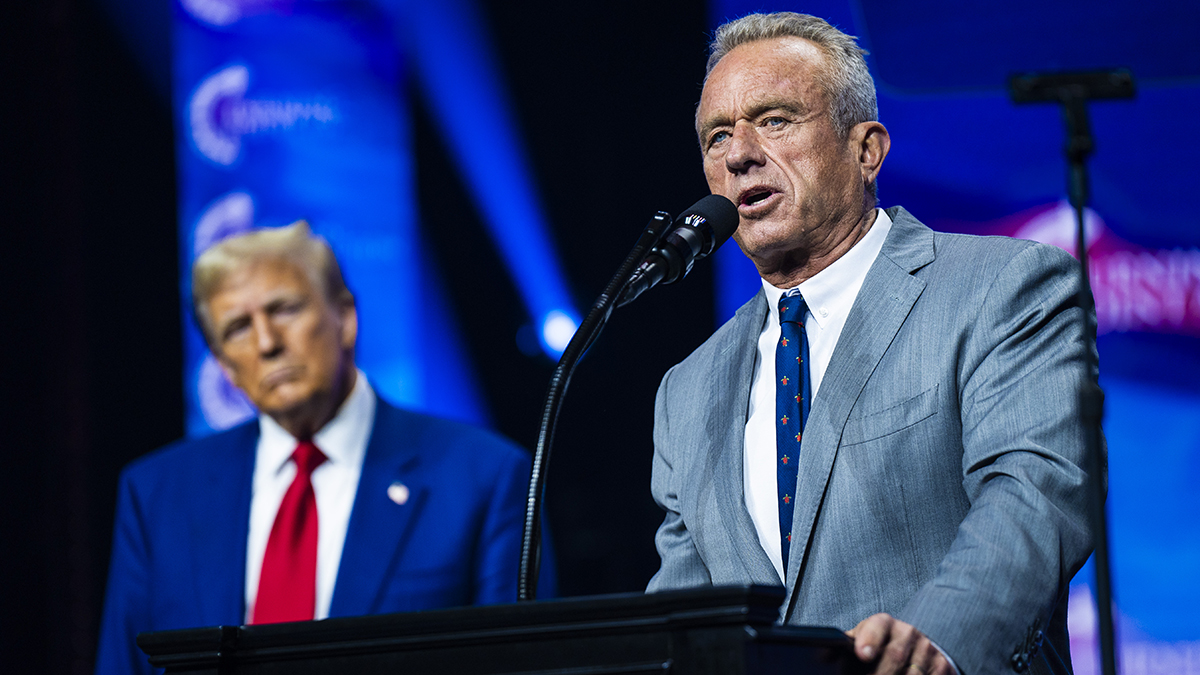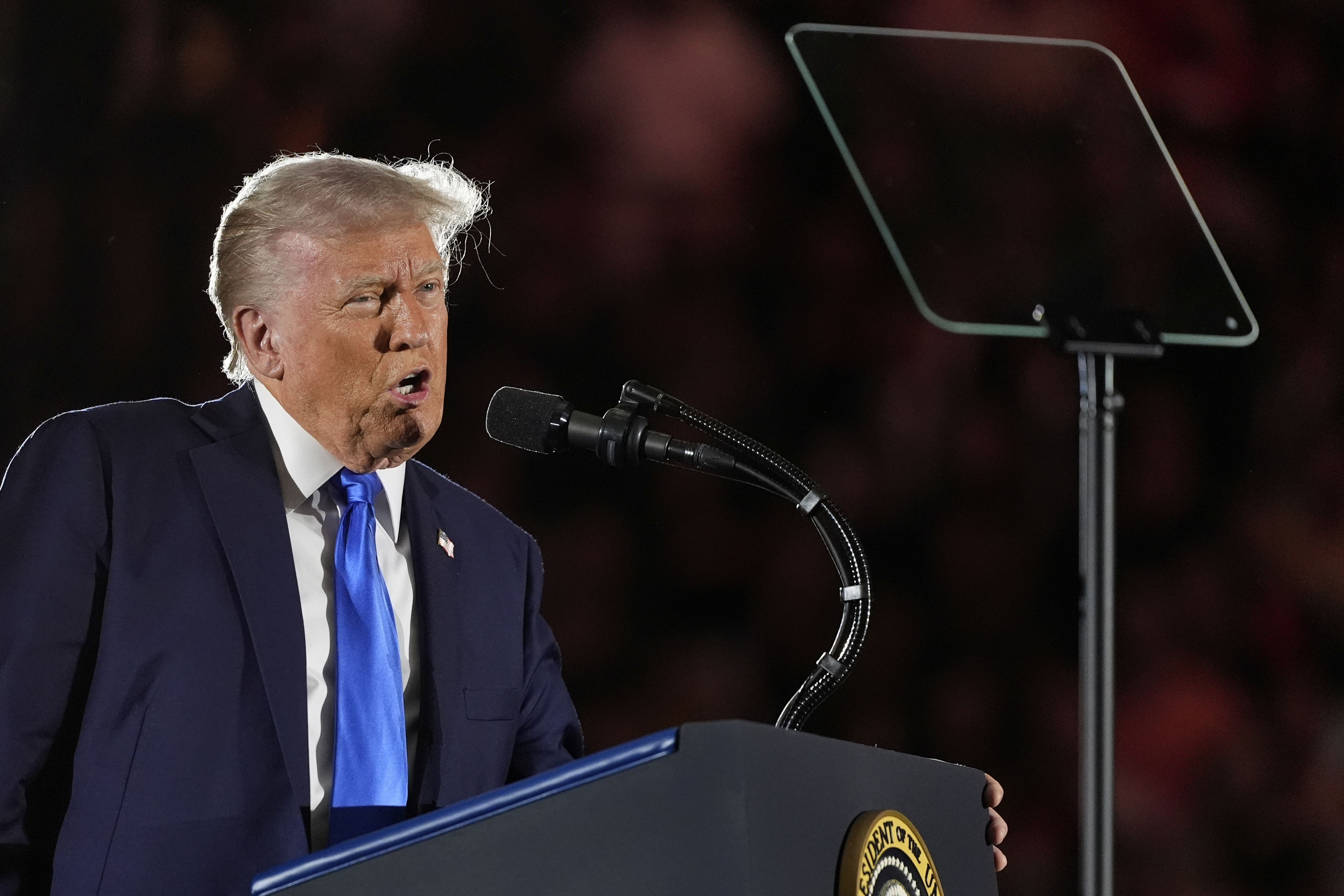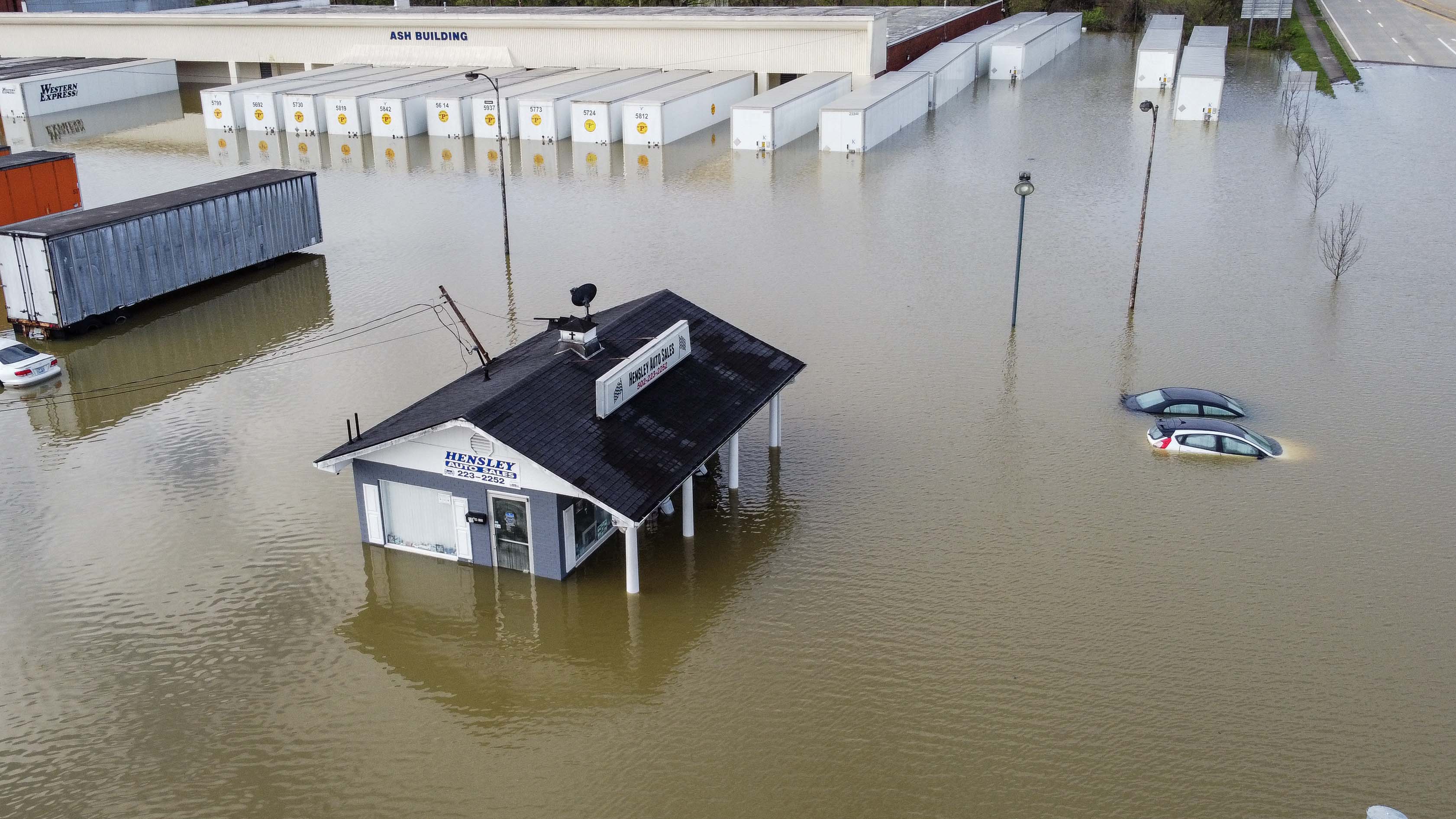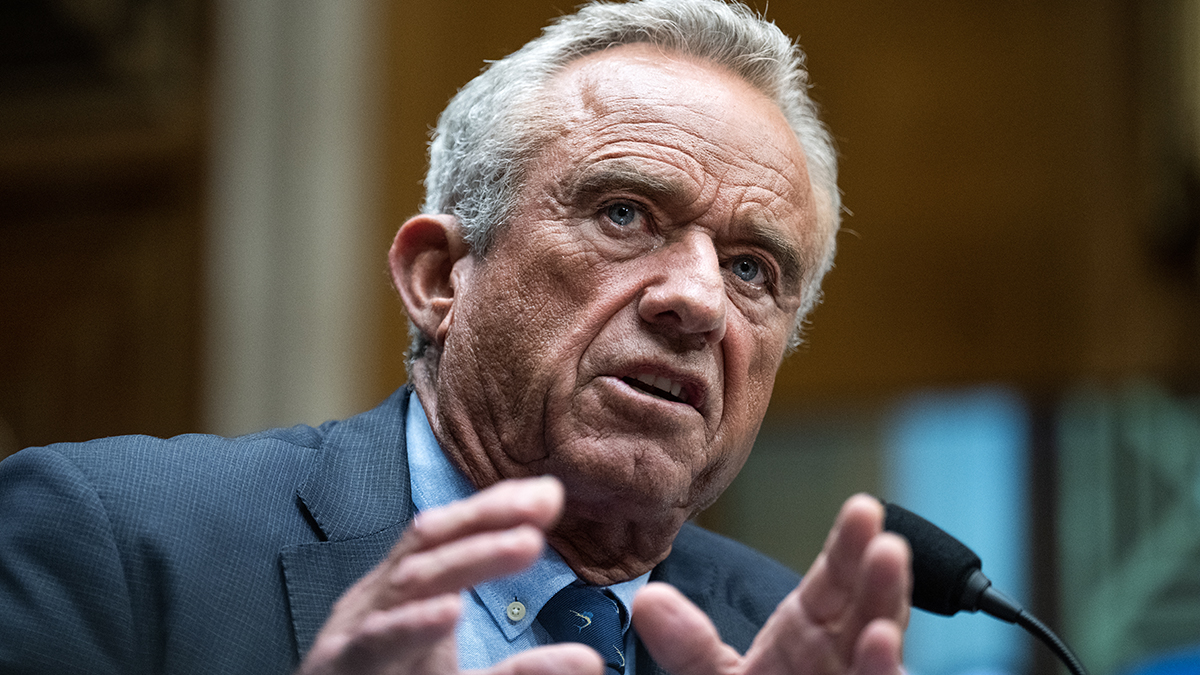Federal Lake Closures: Your Summer Vacation at Risk?
Federal Lake Closures: Are Budget Cuts Sinking Our Summer Fun?
Introduction: Ripple Effects of Budget Cuts on Outdoor Recreation
Imagine this: the sun's beating down, you've packed the car with camping gear, and the family's buzzing with excitement for a lakeside getaway. But as you pull up to your favorite campground at a federal lake, you're met with a closed gate. A sign explains that due to budget cuts, the campground is closed for the season. This isn't a hypothetical scenario; it's a reality unfolding at numerous federal lakes across the United States.
As the Trump administration aimed to rapidly shrink the U.S. government, many agencies faced budget constraints. One of the agencies feeling the pinch is the U.S. Army Corps of Engineers, the folks responsible for managing many of our nation's lakes and reservoirs and the recreational opportunities they offer. The result? Campgrounds, boat ramps, and visitor centers are being shuttered, impacting outdoor enthusiasts and local economies alike.
Closing the Gates: Where Are the Impacts Being Felt?
At least 30 locations across six states experienced closures or reduced services. While this number seems relatively small, consider the ripple effect. These lakes and reservoirs aren't just pretty bodies of water; they are vital recreational hubs for families, anglers, boaters, and nature lovers. Where exactly are these closures happening?
- Great Plains Region: The Omaha, Nebraska district, which oversees facilities from western Iowa and Nebraska to Montana’s border with Canada, saw significant changes.
- Specific impacted areas are not always publicly detailed, but closures are concentrated in areas experiencing staffing shortages and budgetary restrictions.
The Army Corps' Perspective: Doing More with Less
The U.S. Army Corps of Engineers insists that these closures are a necessary evil, a way to consolidate resources and maintain a "full range of services" at fewer sites. Corps spokesman Douglas Garman explained that by concentrating staff, they can ensure that remaining open sites provide the level of service visitors expect. But is this a sustainable strategy, or a temporary bandage on a larger wound?
A Shift in Priorities?
The Corps' Omaha district office stated that the changes also aim to protect hydropower and dam operations. While maintaining critical infrastructure is undoubtedly essential, it raises questions about the balance between recreation and other priorities. Are recreational opportunities being sacrificed to ensure the continued functionality of dams and power generation?
The Real-World Impact: More Than Just Inconvenience
These closures are more than just an inconvenience for vacationers. They have tangible consequences for local economies and communities that rely on tourism dollars generated by lake visitors. Think about it: less camping means less spending at local businesses, from gas stations and grocery stores to restaurants and souvenir shops.
Local Businesses Feeling the Pinch
Imagine owning a bait shop near a popular lake. If the boat ramps are closed, your customer base shrinks dramatically. These closures can put a real financial strain on small businesses that depend on seasonal tourism.
Budget Cuts: The Root of the Problem?
The Army Corps of Engineers attributes the closures to "staffing shortages and other budgetary restrictions." While staffing challenges may be a factor, it's difficult to ignore the elephant in the room: budget cuts imposed by the Trump administration. These cuts, often justified in the name of fiscal responsibility, have a direct and measurable impact on public services and access to recreational opportunities.
A Balancing Act: Fiscal Responsibility vs. Public Access
The question becomes: how do we balance the need for fiscal responsibility with the importance of providing access to public lands and recreational resources? Are there alternative solutions that can minimize the impact on outdoor recreation while still achieving budgetary goals?
Hydropower and Dam Operations: A Necessary Trade-Off?
As mentioned earlier, the Army Corps claims that the changes will also protect hydropower and dam operations. While these are undoubtedly crucial functions, it raises the question of whether recreational opportunities are being unfairly sacrificed to ensure their continued operation. Is there a way to prioritize both critical infrastructure and public access to recreation?
The Future of Federal Lakes: What Can We Expect?
What does the future hold for federal lakes and the recreational opportunities they offer? Will these closures become the new normal, or will there be a renewed focus on funding and maintaining these vital resources? The answer likely depends on a combination of factors, including future budget allocations, public advocacy, and the priorities of elected officials.
Advocacy and Public Engagement
One thing is clear: public engagement is crucial. By contacting elected officials, supporting organizations that advocate for public lands, and speaking out about the importance of outdoor recreation, we can help ensure that our federal lakes remain accessible for generations to come.
Alternative Recreation Options: Making the Most of What We Have
While the closures are disheartening, it's important to remember that alternative recreation options may exist. Explore nearby state parks, national forests, or privately owned campgrounds. Sometimes, discovering a new hidden gem can be even more rewarding than returning to a familiar spot.
Supporting Local Economies Through Alternative Destinations
Even if your favorite federal lake is closed, you can still support local economies by visiting nearby towns and businesses. Explore local attractions, sample regional cuisine, and discover the unique charm of the surrounding area.
The Impact on Conservation Efforts
The closures can inadvertently impact conservation efforts. Reduced staff means less oversight, potentially leading to increased environmental degradation and reduced enforcement of regulations. This can have long-term consequences for the health and vitality of our lakes and reservoirs.
Finding Solutions: Are There Alternatives to Closures?
Are there viable alternatives to closing campgrounds and visitor centers? Could partnerships with local communities, volunteer organizations, or private businesses help fill the gaps created by budget cuts? Exploring creative solutions is essential to ensure the continued accessibility of our federal lakes.
Volunteer Opportunities and Community Partnerships
Volunteer opportunities can play a vital role in maintaining recreational facilities. Consider volunteering at a local lake or park to help with trail maintenance, cleanup efforts, or visitor services. Partnerships with local communities and businesses can also provide valuable resources and expertise.
The Bigger Picture: The Value of Outdoor Recreation
It's easy to overlook the importance of outdoor recreation, but it plays a crucial role in our physical and mental well-being. Spending time in nature reduces stress, promotes physical activity, and strengthens our connection to the environment. These benefits are invaluable, and we must work to protect access to outdoor recreational opportunities for all.
Conclusion: A Call to Action for Outdoor Enthusiasts
The closures of campgrounds and visitor centers at federal lakes represent a significant loss for outdoor enthusiasts and local communities. While the Army Corps of Engineers cites budget cuts and staffing shortages as the primary reasons, the impact is undeniable. It's a stark reminder of the importance of advocating for public lands and recreational opportunities. By staying informed, engaging with elected officials, and supporting organizations that champion outdoor recreation, we can help ensure that our federal lakes remain accessible and vibrant for generations to come. Remember, our collective voice can make a difference in protecting the places we love.
Frequently Asked Questions (FAQs)
- Q: Why are campgrounds closing at federal lakes?
A: The closures are primarily due to budget cuts and staffing shortages at the U.S. Army Corps of Engineers, the agency responsible for managing many federal lakes and reservoirs. This has forced them to consolidate resources and close some recreational facilities.
- Q: Which states are most affected by these closures?
A: While specific locations haven't always been publicly released, the closures are known to impact facilities across at least six states, including areas in the Great Plains region overseen by the Army Corps of Engineers' Omaha, Nebraska district. This encompasses areas from western Iowa and Nebraska to Montana’s border with Canada.
- Q: What can I do if my favorite campground is closed?
A: Explore alternative recreation options such as state parks, national forests, or privately owned campgrounds. You can also support local businesses in the surrounding area and look for volunteer opportunities to help maintain other recreational facilities.
- Q: How can I advocate for the reopening of these facilities?
A: Contact your elected officials and express your concerns about the closures. Support organizations that advocate for public lands and recreational opportunities. Engage in public discussions and raise awareness about the importance of accessible outdoor recreation.
- Q: Will these closures be permanent?
A: The long-term outlook is uncertain and depends on future budget allocations and the priorities of elected officials. Increased public awareness and advocacy can play a crucial role in influencing future decisions and potentially leading to the reopening of these facilities.







